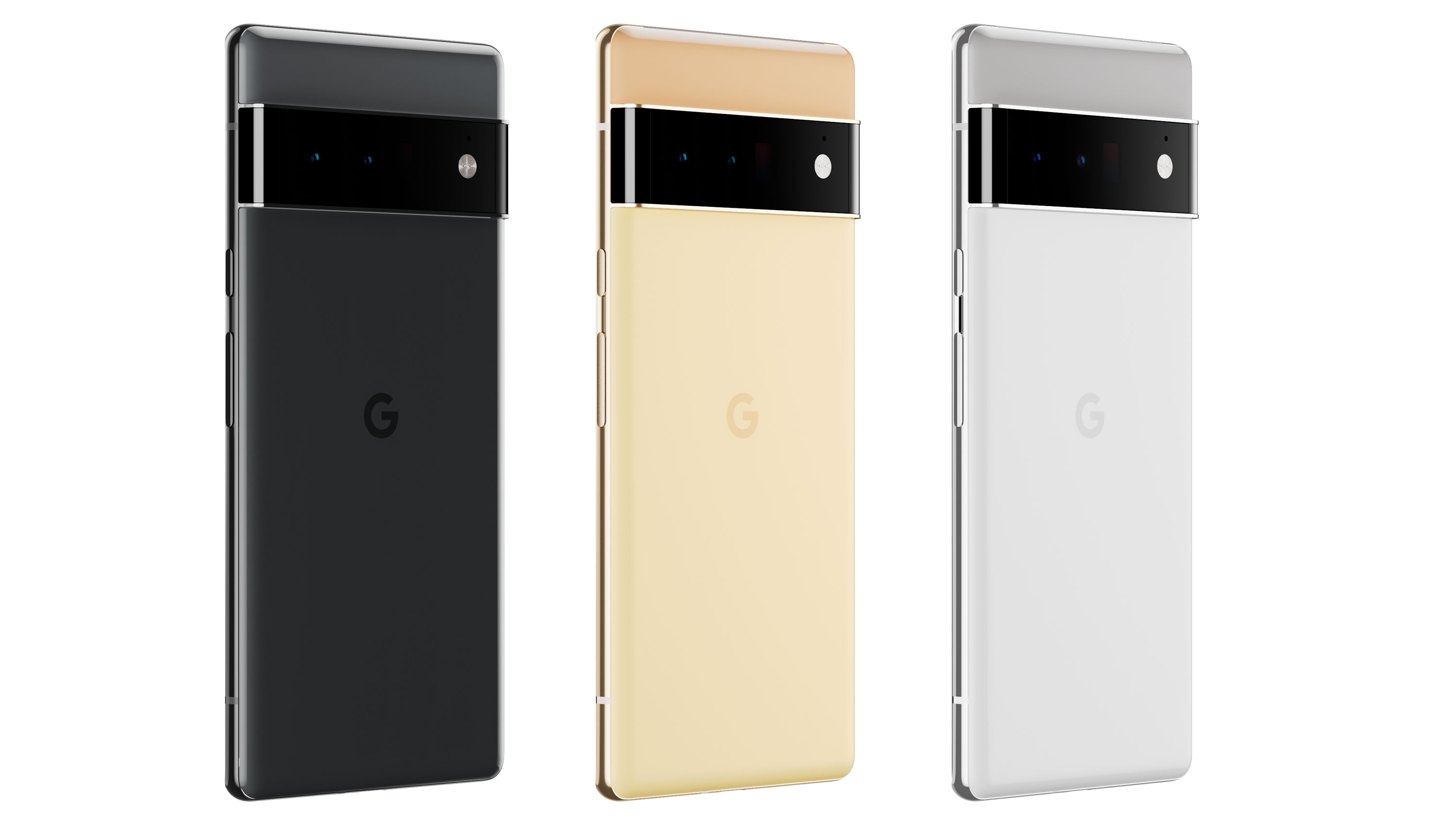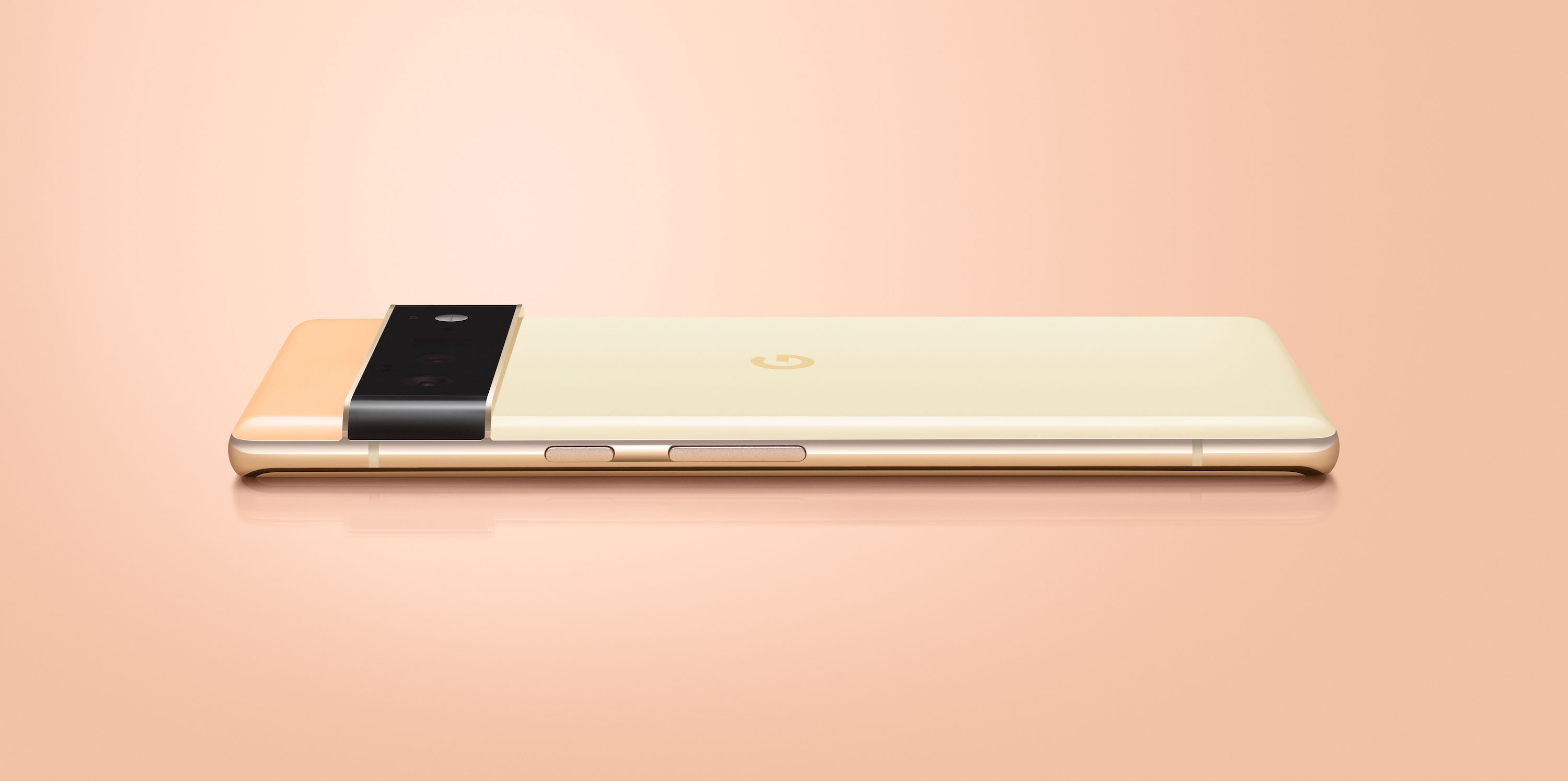Google Pixel 6 Tensor looks like a game changer against iPhone 13 — here’s why
Google just teased the upcoming Google Pixel 6 and Pixel 6 Pro, both rocking new, custom silicon. What we previously referred to as “Whitechapel” is now called Tensor, named thusly due to its shared DNA with Google’s Tensor hardware in its data centers.
This new chip stands to enhance AI and machine learning (ML) on the Pixel 6 and could be a game changer against the iPhone 13 and its rumored A15 Bionic chip. Google has done some amazing things with AI and computational photography already, but this is a much bigger and bolder step forward, leaving Qualcomm chips in the dust.
But of course, we should take a step back and temper our excitement. We don’t know how this chip will perform, nor should we expect to exceed what Qualcomm and Apple have currently. But Google is hoping that Tensor will propel the Pixel 6 into true premium flagship territory.
Tensor is more than just an off-the-shelf chip with some co-processors thrown in for AI (artificial intelligence) and ML (machine learning). Tensor has been designed from the ground up for those applications, providing what could be the most powerful AI/ML experience ever on a phone. That applies to basically everything you do on your Pixel, from computational photography to recording video and translating/transcribing from a different language simultaneously.
We’ve talked before about Google going its own way from Qualcomm, but now that we know more about Tensor, we have an even better idea what the Pixel 6 could look like. Here’s what we know and what it means for Google’s next phone.
What is Tensor?
Tensor is a reference to Google’s Tensor hardware in its data centers. It’s a mobile version of that ML hardware, which the company claims will unlock the true potential of AI/ML on a phone. It’s a SoC that focuses less on raw performance and more on the AI/ML possibilities.
The core part of the chip is the Tensor Processing Unit (TPU), which will handle all AI/ML tasks. This will free up CPU resources for other tasks, potentially leading to better performance and battery life. Unlike Apple’s Neural Engine in the A-series processors, the TPU will be a core part of Tensor’s pipeline, allowing practically every process to go through the TPU.
Tensor is the result of Google realizing that it couldn’t just throw more hardware and power at an off-the-shelf chip like the latest Snapdragon. It had to build things from square one for the end goal of providing the best AI/ML experience to users. Tensor is fully customized to run Google’s computational photography models, too.
What does Tensor mean for the Pixel 6?

Tensor has potentially huge applications for the Pixel 6. If Google is right about the TPU, the possibilities are endless. Of course, the main thing is computational photography, which is now expanding into video recording, as well. What we’re likely to see is everything that previous Pixels have done well, just better.
Google says that Tensor allows it to make the Pixels it’s always envisioned, smartphones that truly push the envelope of what’s possible. As we get closer to the end of Moore’s Law, we were bound to see advancements elsewhere besides core count and processor speed. In fact, what Google is doing with Tensor could be a huge change from the paradigm we’ve accepted over the years.
Qualcomm talks a big game about AI on the Snapdragon chips, but it’s Apple that has really taken things to the next level. In a world where Tensor is just an announcement, Apple holds the crown for ML on phones. The A-series chips excels at on-device AI tasks like image recognition, natural language processing, video analysis and a lot more. In fact, some of the upcoming iOS 15 features like Live Text and Visual Lookup will rely on Apple’s silicon to do a lot of the work. This would make the end result relatively seamless and smooth without the need for an internet connection.
How Tensor will go up against the A-series’ strengths in AI/ML remains to be seen. At the same time, it could also revolutionize AI/ML applications on a smartphone. For example, Tensor can help you record a properly exposed video of a sunset using computational videography, or capture the perfect photo of a child in motion without the dreaded blur. Phones, while incredibly powerful machines, still have their limits and focusing on raw power alone leads to diminishing returns.
But what else? Another obvious thing to look at would be improvements to Google Assistant, making the virtual assistant feel more natural and appear smarter with more on-device processing. Google is also talking about simultaneous live transcription and translation that could make interpreting a foreign language even easier. This could be hugely beneficial if you’re traveling abroad and don’t know the local language very well (if at all).
Even things that we take for granted like text-to-speech could see huge benefits with Tensor. Anything that Pixels can do now, like Now Playing, Live Caption, and Night Sight are likely to get even better and/or faster with Tensor. Obviously, we need to wait until we have our hands on the Pixel 6 and Pixel 6 Pro later this year, but it’ll be fun to put the new phones through their paces. And as we’ve talked out several times already, Tensor could also equal longer support for the Pixel 6 — longer than any other Android phone.
Google Pixel 6 and Tensor vs iPhone 13

Tensor will debut in the Pixel 6 later this fall, and we couldn’t be more excited. As Google starts to really take smartphone design seriously, Tensor will help the phone take on the iPhone 13, even though Apple has the crown for smartphone performance currently.
While we don’t think Tensor will unseat the upcoming A15 Bionic chip from the Cupertino company, we hope that the Pixel 6 will give the iPhone 13 a run for its money with AI/ML applications. It seems that Google is finally fighting fire with fire, potentially making the Pixel 6 much more than just another Android phone — it could truly be a game changer in the battle against the iPhone 13.
Google paved the way for true computational photography, but other smartphone manufacturers managed to catch up to, or surpass, the Pixel line. But now Google is getting back into the ring to take things up a notch, especially regarding video. Pixels haven’t been the best phones for recording video, but the Pixel 6 just might finally change that.
Seeing what Tensor should prove to be one of the most exciting developments in tech this year. And Apple could finally have a reason to look over its shoulder.
For all the latest Technology News Click Here
For the latest news and updates, follow us on Google News.
